Tenants
Throughout the state, the contract between a tenant and landlord is an important agreement that defines how renters will occupy their home and how owners will maintain their property.
The laws that govern your relationship with your landlord depend on which county or town you live in. Use the resources below to understand these laws and answer your rental questions.
Tenant organizing
- Landlords are prohibited from interfering with the right of a tenant to form, join, or participate in the lawful activities of any organization formed to protect the rights of tenants.
- Landlords must not harass, punish, or penalize any tenant for exercising the right to organize.
- Law enforcement, when encountering a meeting of tenants and organizers in a building, may not disperse the meeting unless it violates narrow prohibitions outlined in the law, such as when the activities are not peaceful.
- Tenants are permitted to reach out to other tenants and widely distribute information concerning organizing activities.
- Non-tenants, such as organizers and attorneys, are allowed to conduct tenant organizing activities on private property at the request of a tenant residing at that property. Such tenant organizers are also permitted to ask tenants for contact information to address issues in the building which may relate to such issues as repairs or the landlord’s rent setting policies.
- Tenant meetings in common areas of a building or property are permitted by law. Items necessary for the meeting, such as a table and chairs, may be placed in common areas for the meeting.
- Law enforcement should not make determinations concerning whether a meeting is a fire hazard or other determinations outside their expertise.
- Landlords who use force or otherwise attempt to disperse lawful tenant meetings may violate penal laws such as disorderly conduct, menacing, aggravated harassment, or assault. Law enforcement should use their discretion in enforcing these, and other appropriate penal laws to preserve the peace when tenants are exercising their rights under the Real Property Law.
The Office of the New York State Attorney General is available to assist local law enforcement departments in developing guidance for their officers when responding to tenant meetings and organizing activities.
Recovering rent security deposits and interest
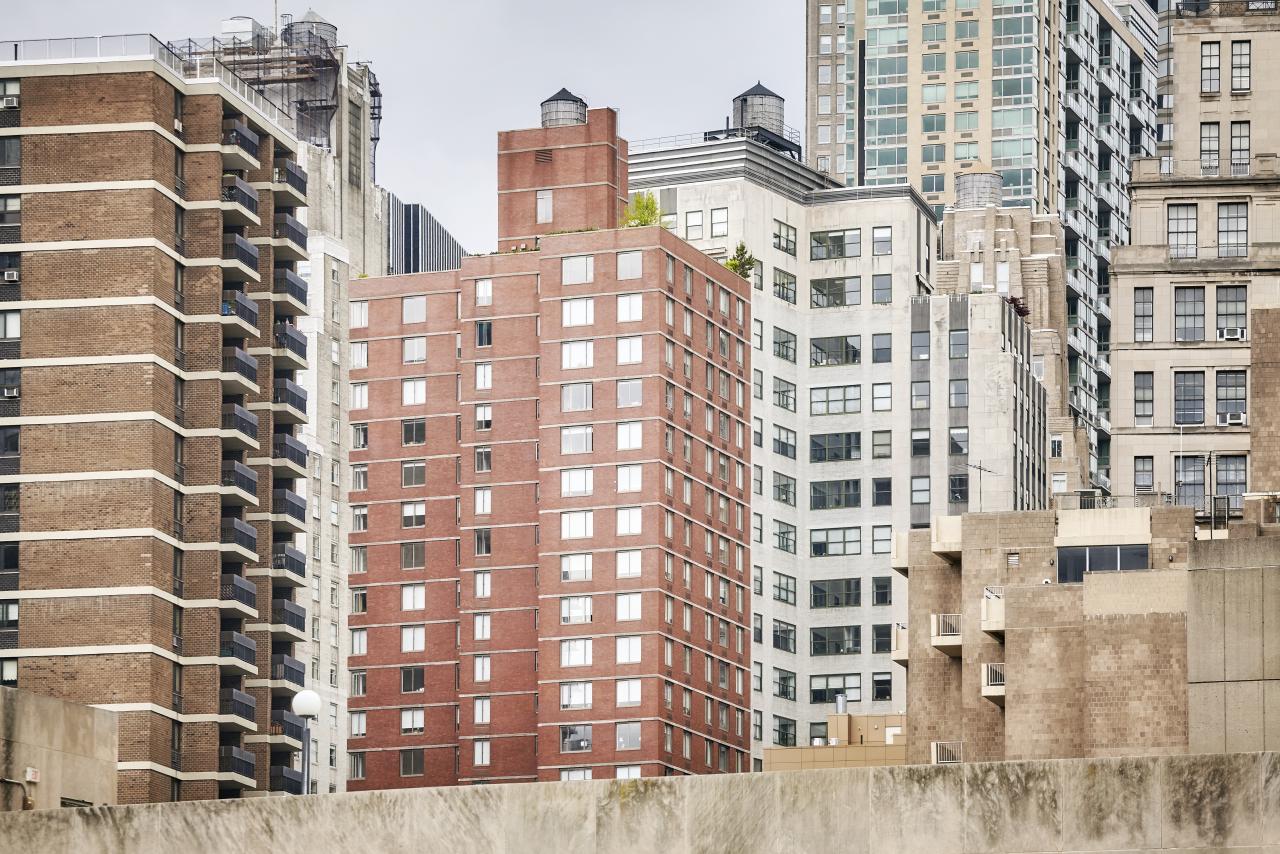
Tenants' rights
Learn more about leases, rent, livability requirements, safety, utility services, and your personal protections as a tenant.
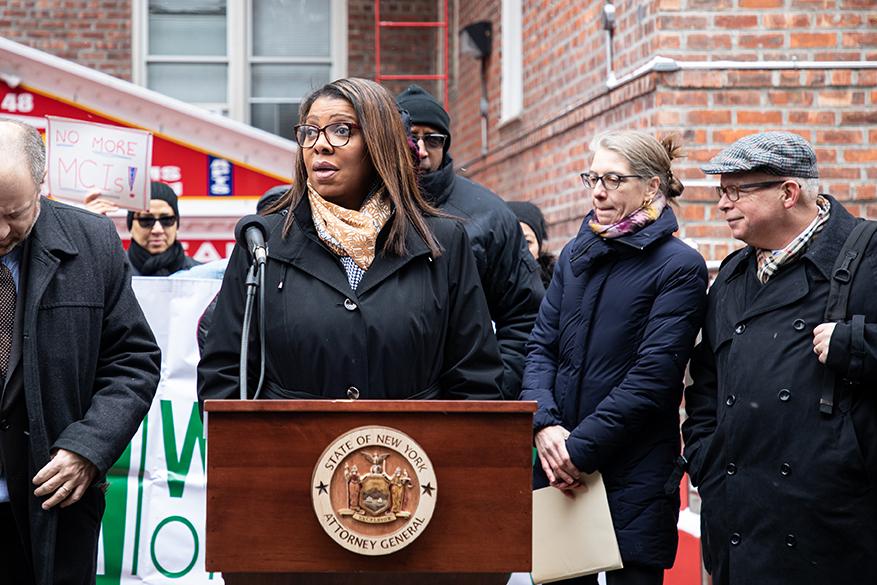
Immigrant tenants' rights
You have the right to live in your home without being harassed or threatened by your landlord. Learn about your rights as an immigrant tenant.

Tenant harassment
Your landlord cannot harass you to force you out or retaliate against you for any reason. Learn what you as a tenant can do to protect yourself from harassment.
Health and safety in your home
Your landlord is responsible for protecting the health and well-being of people living in your home.
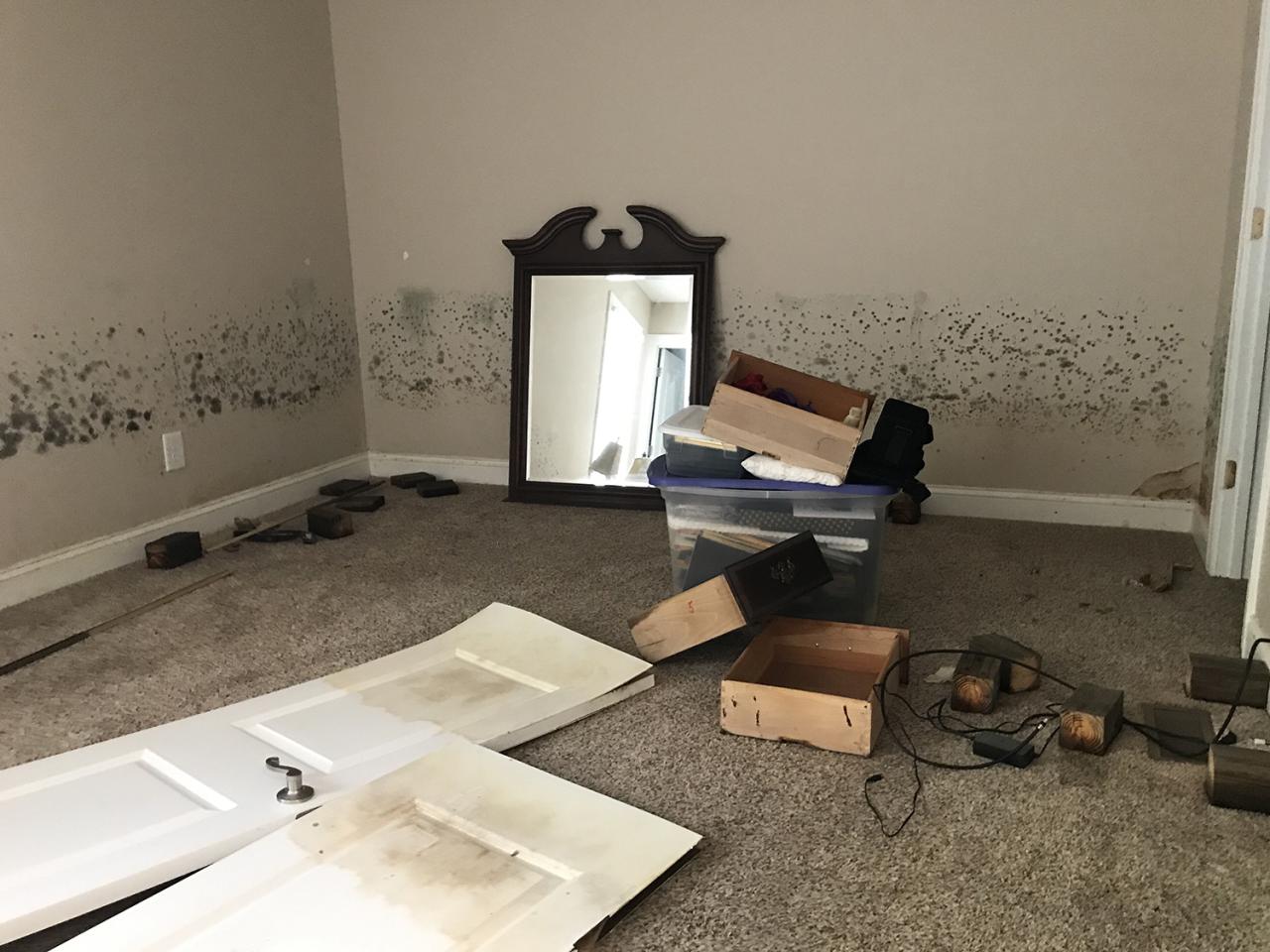
Mold in your home
Learn how to remove mold from your home after flooding or a storm.
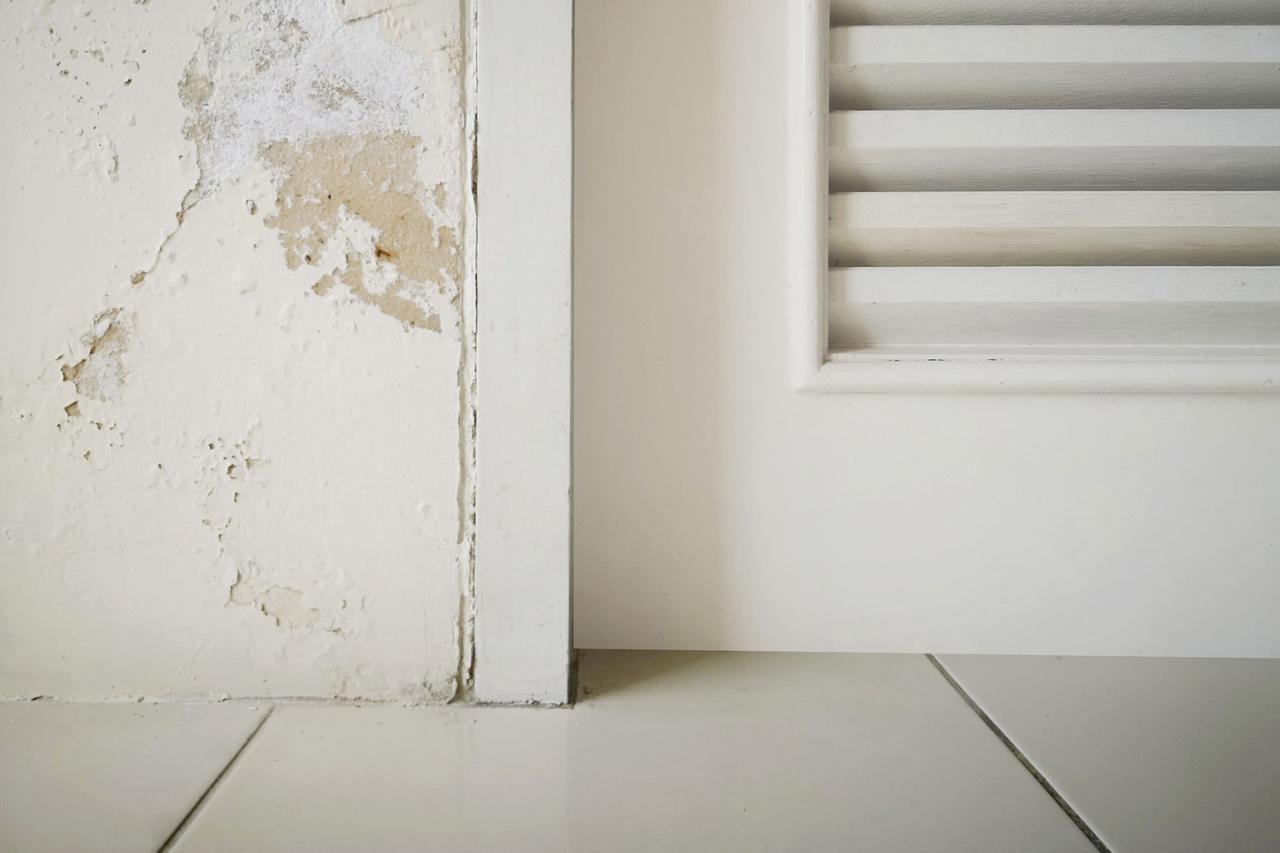
Lead in your home
Avoid and test for lead-paint poisoning. Learn about your consumer rights when renting, owning, or improving your home.
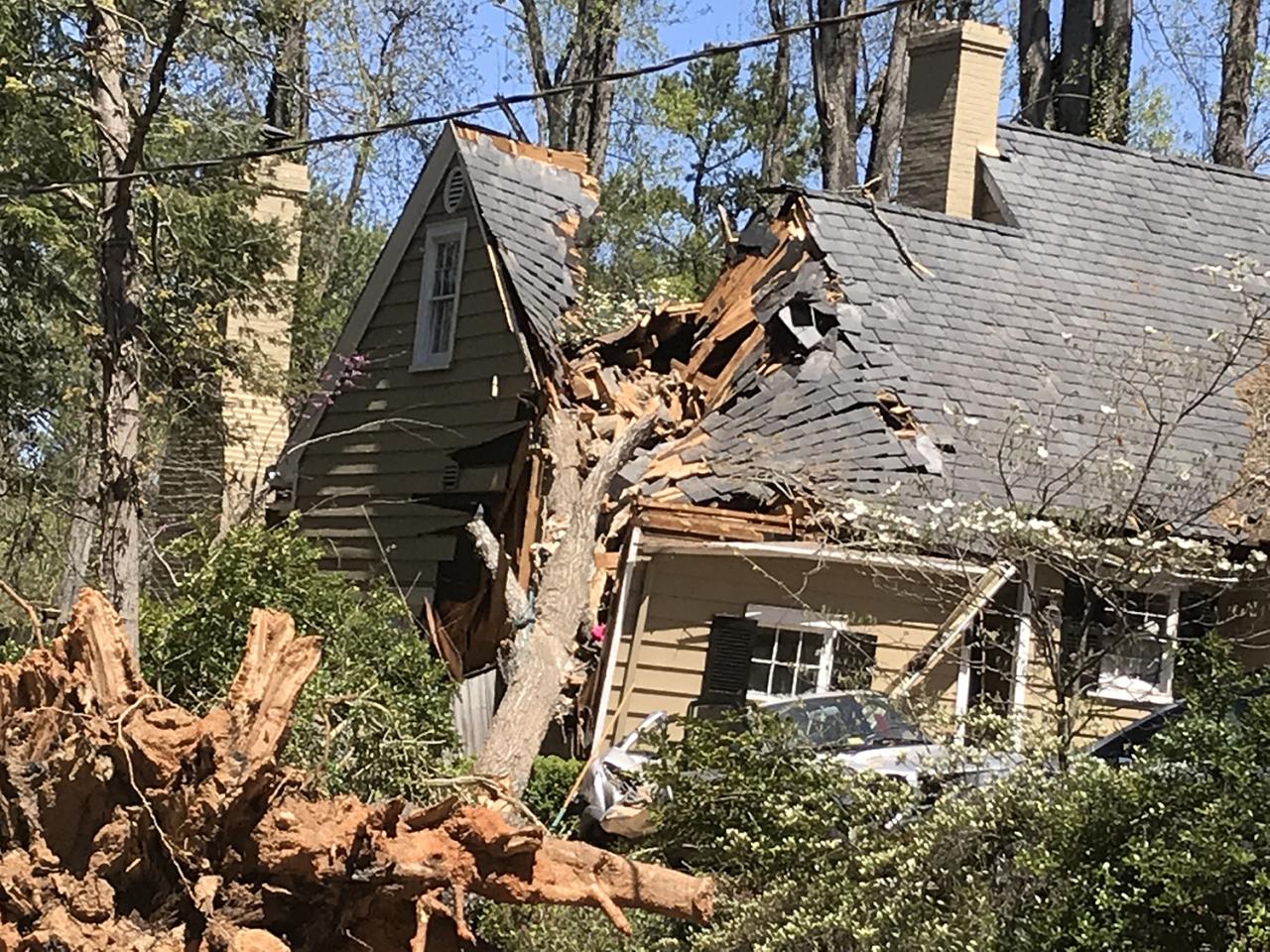
After the storm
Read our tips for dealing with repair contractors and avoiding price gouging after damaging storms.
Hiring a moving company
Find out if a mover is licensed by the New York State Department of Transportation (NYSDOT) for moves wholly within New York, and by the Federal Motor Carrier Safety Administration for moves between New York and another state:
- Although unlicensed movers may be cheaper than licensed movers, licensed movers must meet various insurance, safety, and financial standards.
- Don't take unnecessary risks by using a mover who won't give you an address, telephone number, or license number.
Before selecting a mover, know and understand your rights:
- If you are moving entirely within New York, ask the NYSDOT for its Summary of information for shippers of household goods.
- If you are moving out of New York, obtain a copy of Your rights and responsibilities when you move from the United States Department of Transportation.
Check out the mover:
- For information about an intrastate mover, contact NYSDOT at 1-800-786-5368.
- In addition, call the Better Business Bureau at 212-533-6200 (New York City area) and 1-800-828-5000 (elsewhere in the State).
Get estimates from different movers based on a physical inspection of your home or apartment. Be wary of any estimate that is far less than the figures offered by other movers. This could be a "low-ball" bid that will be hiked up at the time of your move.
Before anything is moved, make sure the mover gives you a written "order for service," which sets forth the probable cost of the move and how much you will have to pay to have your property unloaded if the actual cost exceeds the estimate:
- In order to have your goods released after an intrastate move, you will generally not have to pay more than the original estimate plus 25% in the case of hourly-rated moves, or plus 10% in the case of a weight-rated move. You will have 15 days after delivery to pay the balance on intrastate moves.
- For moves between two states that are billed by weight, the maximum payment due on moving day is 10% above the estimate and any balance must be deferred for 30 days after delivery (no such interstate rule applies for hourly-rated moves).
Read the bill of lading carefully:
- The bill of lading is a formal contract.
- Before you sign it, make sure you understand whether the cost of the move is based on the time it takes to do the job, the weight of your goods, or whether it is fixed in advance in a written binding estimate (remember, you won't know the exact cost of an hourly-rated or weight-based move until the shipment is delivered or weighed).
- Never sign forms that have blank sections to be filled in later by the mover.
Make sure you understand the different levels of protection available for your belongings and the limitations on the mover's liability:
- Before you sign the bill of lading, ask yourself whether you want basic, intermediate, or maximum coverage for your goods.
- Expensive or valuable articles should be separately listed for their full value (remember, if you want the maximum protection, you must specify the dollar amount in the valuation section of the bill of lading).
File all claims promptly and in writing with the mover. Keep a copy of your letters, payment records, and contract documents in case you have a problem with your move.
If your claim is not resolved, file a complaint with the New York State Department of Transportation. You may also request arbitration through the mover's dispute resolution program or consult with a private attorney for other assistance.
To obtain more information on movers or if you have a problem with a mover, please contact:
New York State Department of Transportation: 1-800-786-5368
Better Business Bureau: 212-533-6200 in the New York City metropolitan area or 1-800-828-5000 elsewhere in the state







